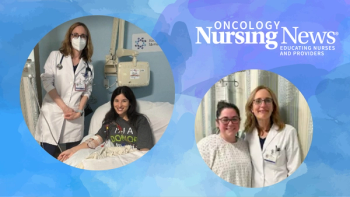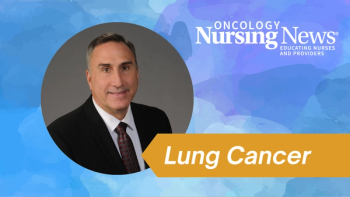
Dr. Cella on the Increase in Quality of Life Assessments
Dr. David Cella from Northwestern University Feinberg School of Medicine Explains the Increase in Quality of Life Assessments
David Cella, PhD, a clinical research specialist and chair of the Department of Medical Social Science at Northwestern University Feinberg School of Medicine in Chicago explains the overall increase in studies completing quality of life assessments.
Dr. Cella says the oncology community has more of a hunger for quality of life assessments. Patients appreciate being asked how they're doing. There used to be a fear that patients were being burdened by too many questions, but Dr. Cella says the opposite tends to be true. He says patients like being asked about their symptoms and their functioning. They like the fact that doctors care. There is some cost involved with getting the data as well as some risk involved in collecting the information because it may be found that a therapy does a good job of shrinking a tumor, but it could cause side effects that make a patient's life unbalanced and not much better.
Newsletter
Knowledge is power. Don’t miss the most recent breakthroughs in cancer care.


































